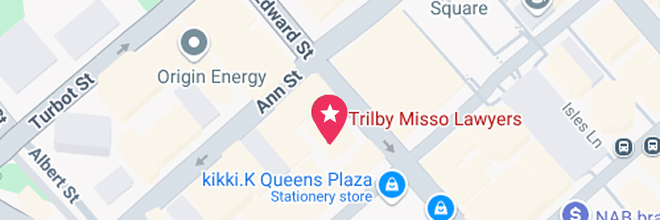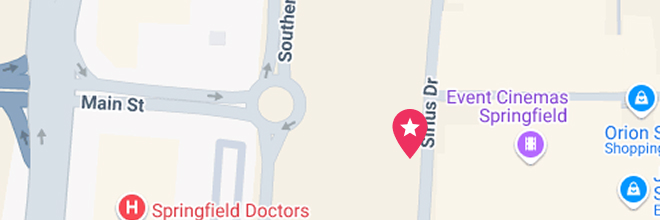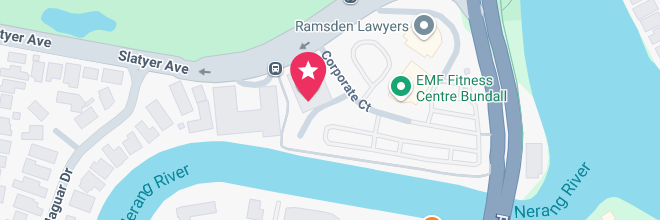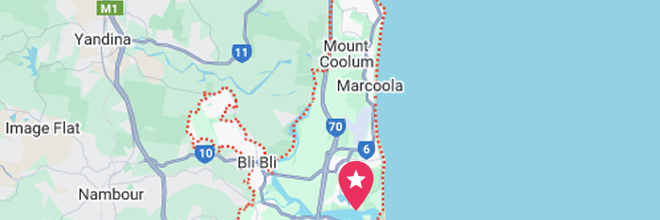Our Brisbane CBD Office
- Suite 400, Level 4/288 Edward St, Brisbane City QLD 4000
- (07) 3910 5470




When you think about workplace injuries, heavy lifting and dangerous machinery might come to mind. But surprisingly, the most common workers’ compensation claim in Australia often comes from something much more everyday: manual handling injuries. In this guide, we’ll look at what these claims involve, why they’re so frequent, and what workers and employers can do to manage them — while answering all the questions real people are googling about work injury claims.
In the context of workers’ compensation, “common” refers to the types of injuries most frequently reported that result in time off work or medical treatment. According to Safe Work Australia, the majority of accepted claims fall under:
Body stressing (e.g. lifting, pushing, pulling)
Falls, slips and trips
Being hit by moving objects
Mental stress
Vehicle incidents (especially in trades and transport)
These injuries tend to happen across a range of industries — from construction and healthcare to retail and admin — which is part of why they’re so common.
Body stressing is a broad term used in workers’ compensation claims to describe musculoskeletal injuries caused by repetitive movements, awkward postures, or lifting. It includes:
Back strains from lifting boxes
Shoulder injuries from repetitive overhead work
Knee injuries from squatting or climbing stairs
Muscle sprains from pushing or pulling equipment
These types of injuries make up over one-third of all serious work-related injury claims in Australia. They’re particularly common in jobs involving physical labour but also show up in office environments due to poor ergonomics or posture-related issues.
There are a few key reasons why these injuries top the list:
Repetitive tasks – Doing the same movements all day can lead to wear and tear
Poor manual handling techniques – Lifting with your back, not your legs
Inadequate training – Not everyone knows the safest way to handle loads
Time pressure – Rushing to meet deadlines can lead to mistakes
Lack of rest – Fatigue increases the risk of strain injuries
Even minor discomfort can develop into a serious issue over time, which is why early reporting and proper assessment are critical.
Yes — while physical injuries are still the majority, psychological injury claims have increased significantly in recent years. These include:
Work-related stress
Traumatic incidents (particularly in emergency services or healthcare)
Burnout and anxiety
Mental health claims are often more complex to manage and tend to require longer recovery times. They now make up around 9% of serious workers’ compensation claims nationally.
Some industries consistently report more claims than others, usually because of the nature of the work. The top industries for workers’ comp claims in Queensland and across Australia are:
Healthcare and social assistance
Construction
Manufacturing
Transport and warehousing
Retail and hospitality
In these sectors, physical and emotional demands are high, and workers are more exposed to injury risks.
Not every injury is equally disruptive. The injuries that typically lead to the longest absences from work include:
Fractures (especially lower limb)
Back injuries (common in lifting accidents)
Shoulder and rotator cuff injuries
Crush injuries and amputations (though less common)
Even a soft tissue injury can lead to extended time off if not properly managed early. That’s why early intervention and treatment are crucial to recovery and return to work.
In Queensland, you may be entitled to workers’ compensation if:
You were injured at work or while carrying out work-related duties
Your injury or illness is linked to your employment
You are a worker as defined under WorkCover Queensland
You may have a valid work injury claim whether the injury was physical or psychological. Common examples include:
Being hurt lifting heavy items at work
Slipping on a wet floor at your workplace
Developing carpal tunnel from repetitive office tasks
Experiencing anxiety from sustained bullying
Always report the injury as soon as possible and seek medical advice — it’s the first step to lodging a claim.
Once a claim is lodged with WorkCover Queensland or a self-insurer:
Your injury is assessed – including medical reports and incident details
The insurer decides – whether to accept or deny the claim
Payments may begin – for time off work or medical treatment
Rehabilitation support – might be offered to help you return to work
If your claim is denied, you may still have legal options, especially if the injury has long-term consequences. That’s where speaking with personal injury lawyers Brisbane locals rely on for no win no fee help can be useful.
Preventing the most common injuries is possible with a strong focus on safety. Smart employers:
Train staff in correct manual handling techniques
Conduct ergonomic assessments
Encourage early reporting of discomfort
Provide mental health support
Ensure safety procedures are followed
Regularly assess risk in the workplace
Reducing injuries doesn’t just protect staff — it also lowers insurance premiums and improves productivity.
Yes, unfortunately. Even common injuries like back strains or shoulder injuries can result in permanent impairment if not treated early and properly. Some workers go on to make common law claims if the injury occurred due to employer negligence.
A common law claim may involve compensation for:
Pain and suffering
Past and future lost income
Medical and rehabilitation costs
Loss of quality of life
This is separate from the initial statutory WorkCover claim and usually requires help from a workers compensation lawyer.
Here are the steps to take:
Report the injury to your employer right away
Visit a doctor and get a work capacity certificate
Lodge a claim with WorkCover Queensland
Follow medical and rehab advice
Keep records of symptoms, time off work, and costs
If you’re unsure about the claim process or feel it’s been mishandled, a no win no fee lawyer can help you understand your options — without you paying anything if you don’t get a result.
What is the most common type of workplace injury?
Body stressing injuries like back strains, shoulder pain, and repetitive strain injuries are the most commonly reported.
Do I need a lawyer for a WorkCover claim?
Not always — but legal help is useful if your claim is denied, or your injury is serious and long-term.
Can I claim workers’ comp for stress or anxiety?
Yes, mental health injuries are recognised and growing in claim numbers, particularly when linked to work conditions.
WorkCover Queensland – Workers’ Compensation Basics
https://www.worksafe.qld.gov.au/claims-and-return-to-work/workers
Safe Work Australia – Work-Related Injuries Data
https://www.safeworkaustralia.gov.au/statistics-and-research
Queensland Health – Preventing Work Injuries
https://www.health.qld.gov.au
The most common workers’ compensation claims in Australia involve body stressing injuries — think back pain, sprains, and overuse injuries caused by lifting or repetitive tasks. They might seem minor at first but can lead to serious time off work and long-term health issues. Understanding how these injuries happen, what your rights are, and how the claim process works is key. And with the right legal support, such as a no win no fee arrangement, you don’t have to carry the burden alone if things become complicated.
Kathryn is Trilby Misso’s Chief Executive Officer.
Meet KathrynUse this simple online tool and find out if you have a claim in less than thirty seconds. You can choose to remain anonymous.
Your next step is a small one. All you need to do is give us a call on 07 3910 5470 or complete this form here to arrange a quick chat.
During this initial conversation, we will:

We understand that taking legal action can be stressful, and we’ll do all we can to ease your concerns.
The chat can take place at our place, your place, or by phone. There is no cost, no pressure, and no obligation.
Call 07 3910 5470 or fill out this form, and we’ll get back to you within 2 hours (during business hours). We look forward to meeting you.
enquire now